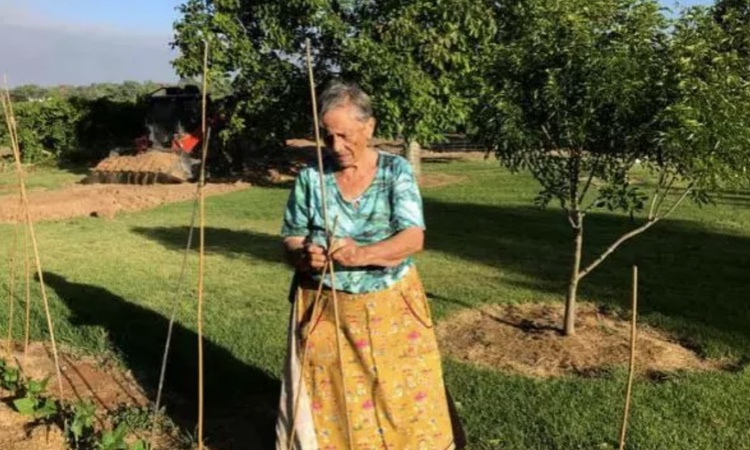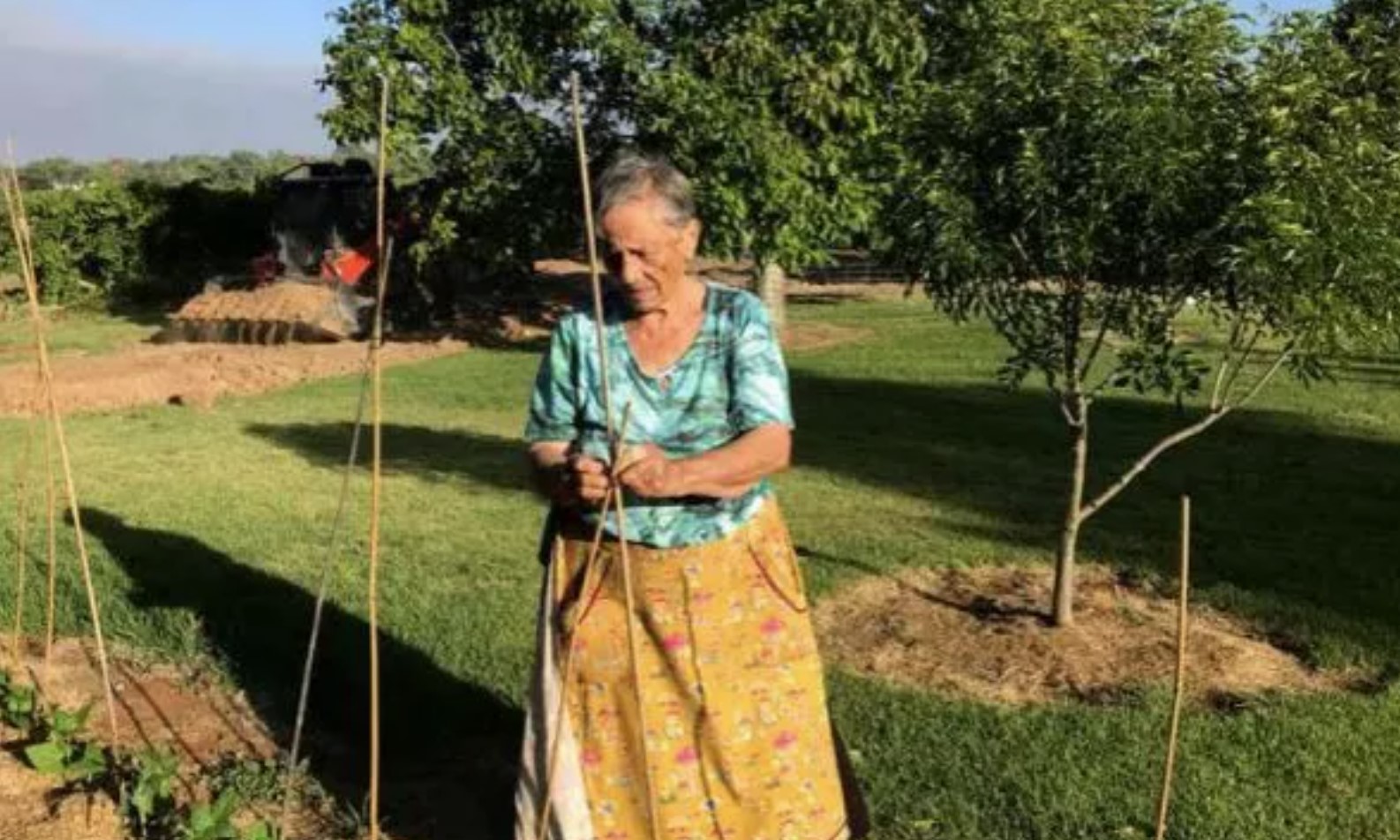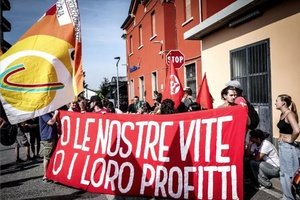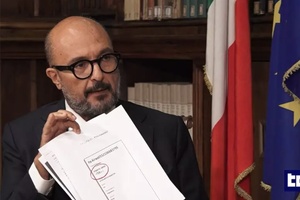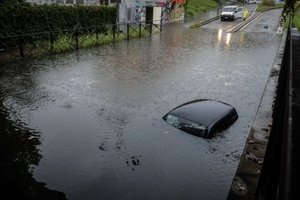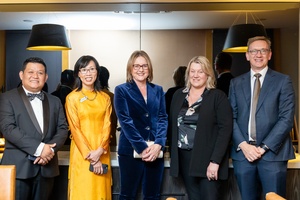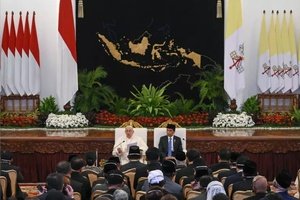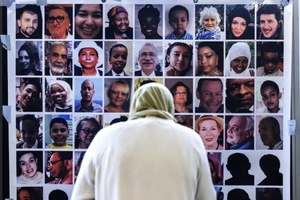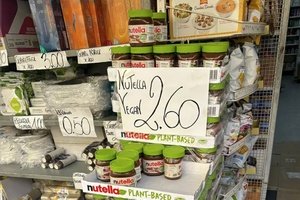The earth, a concept that exceeds the ground beneath our feet, has been an object of reflection since antiquity. The term itself evokes profound connections, both etymologically and anthropologically. It derives from the Latin term terra, meaning soil, but also evokes a sense of grounding, belonging and nourishment.
It’s the theme explored in a multifaceted and intimate way in the book Stories from La Terra, the newest by Ascolta Women, a collective of almost sixty women from mixed Italian, Italian-Australian, and Italian-affiliated backgrounds and generations.
Established in 2020 to give voice to often untold stories from the Italian diaspora, Ascolta Women has since imposed itself as a creative force. The collective reflects and expresses life experiences through a range of artistic forms, including writing, photography, visual arts or academic and community presentations, offering a space for witnessing and sharing of experience.
Stories from La Terra can be described as a kaleidoscope of experiences, thoughts and reflections on the earth and its influence on our lives. Through an ensemble of stories, photographs and other materials from the authors, the book offers an exploration of the profound significance of the earth for each of them – as if it were a kind of silent narrator of their lives and their familial ties.
“Some of us responded strongly to the notion of connection to the earth, as a foundational context for our parents, who’ve provided us food and intimate memories with family and grandparents. Over the years, however, we’ve also witnessed scenes of environmental destruction, and that brought us to reflect on extreme climate events, the fires, the floods,” explained Teresa Capetola.
The stories in the volume explore a vast range of experiences: from delicate reminiscences of backyard gardens, overflowing with fresh vegetables and ripe fruit, to the deep conception with cultural roots transmitted across generations, each story offers an intimate and touching glimpse into the relation between human beings and the earth nurturing them.
Claudia Grinzi, Annamaria Paolino, Carla Caruso and Grace Mammone, for example, guide readers through a sensory journey that evokes home cooking and family memories, while writers like Jemana Stellato Pledger, Gabriella Gomersall Hubbard, Concetta Abate and Linda Russell share learnings from moments of loss and suffering. Through the stories of fathers and mothers who farmed the land with love and dedication, this collection honours Italian migration legacies and offers a fresh perspective on the meaning of living with dignity.
Other stories evoke ancient myths to draw connections between the earth and the infinite cycles of nature. The entire collection unfolds across various territories, from Italy to the southern coast of Australia, capturing myriad ties and belongings of the writers. Elena and Fortunata Callipari approach the topic by analysing the concepts of belonging and possession, and how events like flooding can upturn one’s perception of the environment.
“Our parents lived on a farm. There they found a place of belonging, through the earth, bringing to bear the knowledges and skills of their parents. The Mildura flooding of late 2022 was an extraordinary event for them, because they live in an area quite far from the river. But the flood still arrived and surrounded their house. And being elderly people, they’re not able to begin again. On the contrary, it’s like they perceived the event as a restoration, a cycle beginning again. The earth returned to be as it was when they first set foot here,” commented Elena Callipari. She is another writer who contributed to the book with extracts from her life, including her parents’ experience of the floods.
“The other thing that struck me, and I speak about it in other stories, is the question of who really owns the earth. This earth has allowed us to leave and study. It’s given us sustenance. It’s given us our food, our culture. And then the floods changed everything. We couldn’t control the earth anymore – the earth was controlling us. Mother Nature was telling us: ‘look here’. And I then understood that there wasn’t really a farm, but a garden with all these wild animals, these birds that I hadn’t seen before and that I recognised from books I’d read. I was looking and learning that if we sit and observe, nature teaches us,” says Fortunata Callipari, sister of Elena.
Stories from La Terra will be presented on March 8 at Co.As.It Melbourne, in occasion of International Women’s Day. The book will be available digitally for $20.

